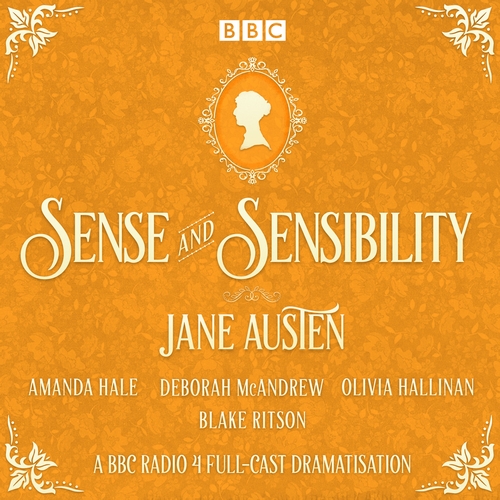Author:Alexander Kent

It is February 1818, and Adam Bolitho longs for marriage and a safe personal harbour. But with so much of Britain's fleet redundant, he knows he is fortunate to be offered H.M.S. Onward, a new 38-gun frigate whose first mission is not war but diplomacy, as consort to the French frigate Nautilus.
Under the burning sun of North Africa, Bolitho is keenly aware of the envy and ambition among his officers, the troubled, restless spirits of his midshipmen, and the old enemy's proximity. It is only when Nautilus becomes a sacrificial offering on the altar of empire that every man discovers the brotherhood of the sea is more powerful than the bitter memories of an ocean of blood and decades of war.
One of our foremost writers of naval fiction
—— The Sunday TimesAs you would expect, Kent is a dab hand at plotting and at action scenes, and this novel is another accomplished performance from the old man of the sea
—— The First PostThe storytelling has an easy mastery; the prose is lean and muscular, without a word wasted. How well Kent knows his stuff! Not just the jargon of the high seas - the pawls and maintops and the quarter-boats and the catheads - but the psychology of naval men in uniform
—— Sunday TelegraphQuite simply, monumental
—— Washington PostA remarkable parable of human survival against the odds
—— Mail on SundayIn this wise, humane and beautifully written novel she has written a masterpiece
—— IndependentA searing historical novel. Dunmore vividly evokes the unbelievable cold, privations and violence as people struggle to survive...an extraordinary description of the horrors of the time
—— Sunday ExpressAn important as well as a thrilling work of art
—— Independent on SundayA moving and powerful novel in which Dunmore employs all her celebrated descriptive and narrative skills...beautiful
—— Daily MailA harrowing, urgent narrative of cold, starvation and the battle to survive
—— Sunday TimesIt is quite outstanding, full of beauty, pain and truth... We are lucky to have this book
—— Anne Chisholm , Sunday TelegraphThe facts surrounding the discovery of this book are as remarkable as its contents are magnificent... A triumph of indomitability and a masterwork of literary accomplishment
—— Sunday TimesDeftly translated by Sandra Smith, this is possibly the most devastating indictment of French manners and morals since Madame Bovary, as hypnotic as Proust at the biscuit tin, as gruelling as Genet on the prowl. Irène Nemirovsky is, on this evidence, a novelist of the very first order, perceptive to a fault and sly in her emotional restraint
—— Evening StandardAn heroic attempt to write a novel about a nightmare in which the author is entirely embedded
—— Anita Brookner , SpectatorRead this haunting novel, then read [Nemirovsky’s] letters in this edition to feel the full force of the work
—— Fiona Wilson , The TimesWhile marked by poppy wearing and memorial ceremonies, the First World War is also sustained through family history, handed down from one generation to the next. No book better articulates the impact of this narrative than Stephen Faulks’ Birdsong.
—— Lucy Middleton , Reader's DigestA truly amazing read
—— Gail Teasdale , 24housingI’d never read such descriptive literature, and couldn’t sleep at night for thinking about what I’d just read. His [Faulks] portrayal of terror on the battlefield is so powerful
—— Anna Redman , Good HousekeepingMy all-time favourite book
—— Kate Garraway , Good Housekeeping






